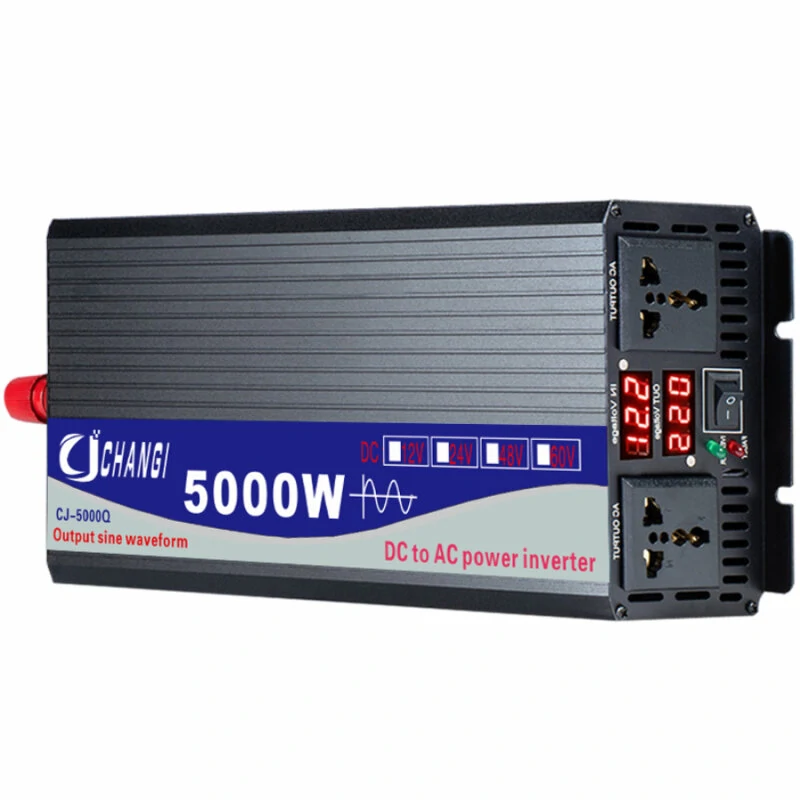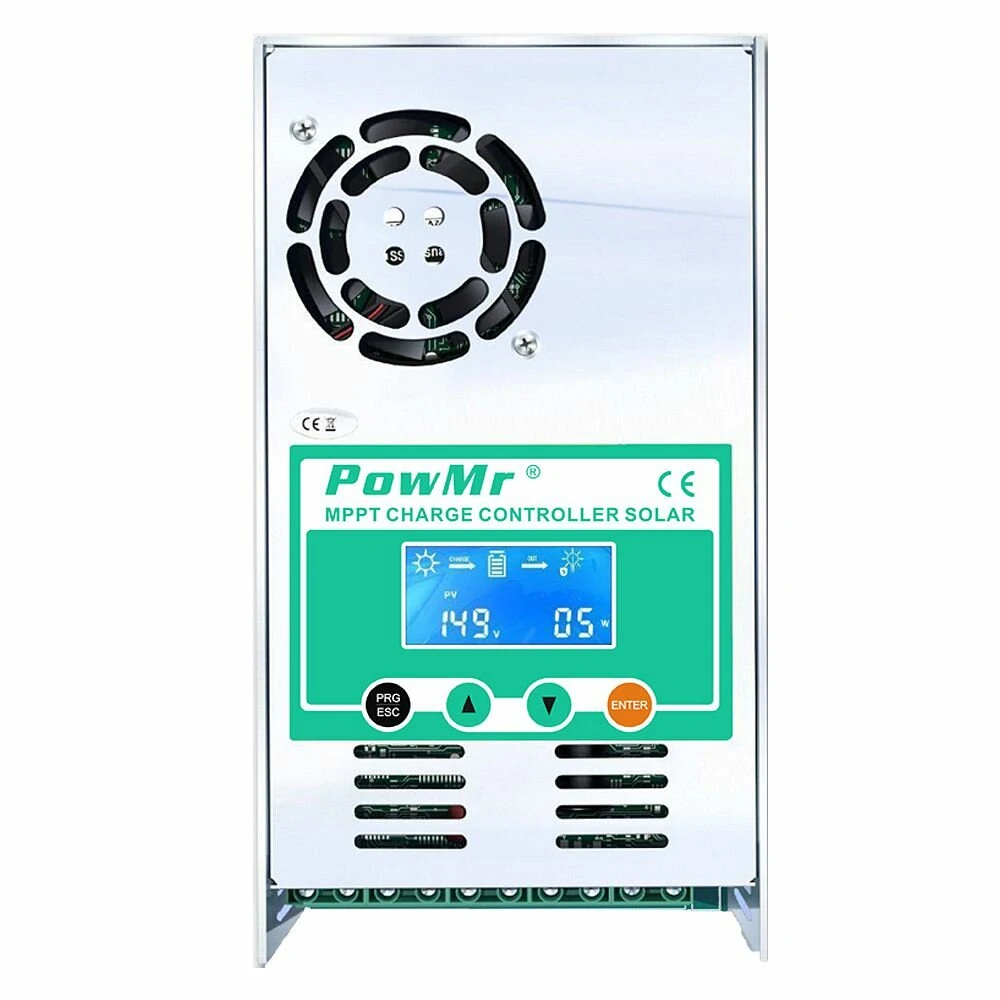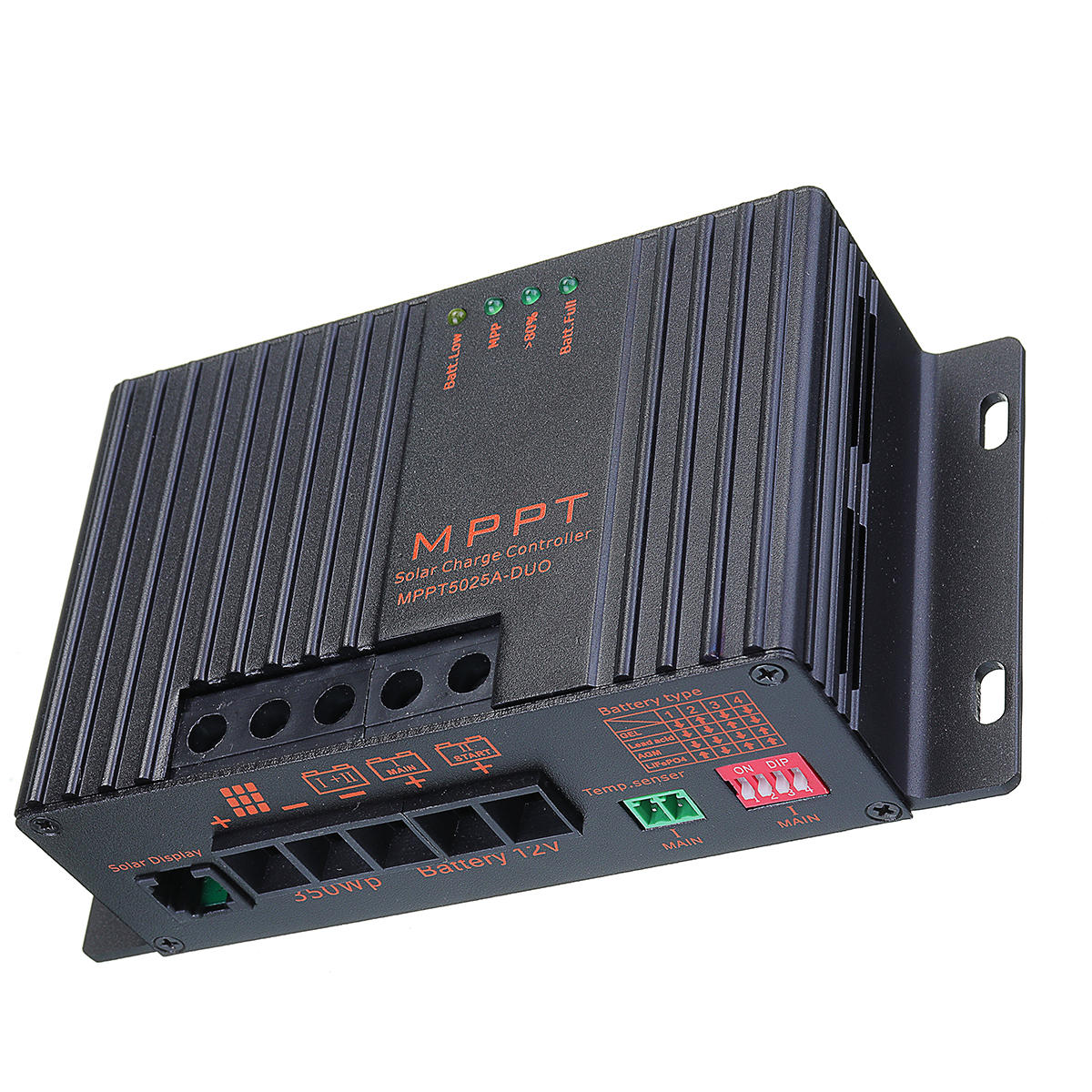Series and Parallel configurations are popular in the lithium battery packs. Because, by combining multiple batteries in different configurations, we can easily achieve our required battery specification for the load requirements. The lithium batteries are good in charge and discharge rates. It is also smaller in size. So it covers a wide range of applications from smaller to larger loads. Another important advantage of Lithium Batteries are its shelf life, lithium batteries can even be left for months without charging (until it’s cutoff voltage). It will work as it was before. Because it’s self discharging is very low compared to Lead Acid batteries.
As the technologies growing faster in every field, the devices are also made for low power consumption as well. Combining these both together gives us valuable outcomes to everyone.
1S, 2S, 1P, 2P are used for mentioning the cell configurations of battery packs in Series and Parallel. Based on the battery chemistry like Lithium-ion, Lithium Iron Phosphate, Li-Cobalt, etc the voltage of a single cell may vary slightly. So when choosing batteries and BMS, we need to note the battery voltage and C Ratings.
Series Connection: Batteries in Serial adds up the voltage, but current will be same.
Parallel Connection: Batteries in Parallel adds up the capacity (mAh) or Current, but keeping the voltage same.
Warning:
Lithium batteries needs to be charged at it’s precise voltage and current specifications. Otherwise, it may damage the battery and can cause fire. Balance chargers or BMS are used for safely charge the batteries by monitoring it’s voltage, current and also temperature of each cell.
Series Configuration of 3.7 Volt 18650 Lithium Batteries
- 1S Configuration: To add up the voltage the batteries needs to be connected in series, so let’s take a 3.7Volt Lithium Battery, it is simply called as 1S Battery or 1P Battery (1 x 1 is 1 anyways). In common it will be commonly mentioned as 1S.
- 2S Configuration: If we connect 2 Batteries in Series it is called as 2S and the voltage will adds up to 7.4 Volt.
- 3S Configuration: Similarly for 3S the voltage will be 11.1Volt. These configurations you can found in industrial equipment, drone, quadcopter batteries.


The below table shows a 3.7 Volt 2200 mAh Capacity batteries in series different configurations.
As you can see, in series the voltage increases and current is same.
| Battery Configuration (Series) | Voltage (V) | Capacity (mAh) |
| 1S | 3.7 | 2200 mAh |
| 2S | 7.4 | 2200 mAh |
| 3S | 11.1 | 2200 mAh |
| 4S | 14.8 | 2200 mAh |
An Example of Lithium Ferro Phosphate Battery (LiFePO4) in Serial Configuration (4S) with BMS
Lithium Ferro Phosphate battery is an another advanced and safer lithium battery that has excellent cycle life (up to 3000 cycles). If you can see the LiFePO4 Battery it has 3.2V as the voltage. The maximum voltage with charging is 3.65 Volts. Adding 4 Batteries in series gives 12.8V in total.
Learn how to build a 12V Lithium Iron Phosphate Battery Pack with 4S LiFePO4 BMS
Parallel Configuration of 3.7 Volt 18650 Lithium Batteries
In Parallel Connection the Capacity Increases and the voltage remain same. The below table shows various parallel configurations and its capacity.

| Battery Configuration (Parallel) | Voltage (V) | Capacity (mAh) |
| 1P | 3.7 | 2200 mAh |
| 2P | 3.7 | 4400 mAh |
| 3P | 3.7 | 6600 mAh |
| 4P | 3.7 | 8800 mAh |
Both Series and Parallel (Mixed) Configuration of 3.7 Volt 18650 Lithium Batteries for Battery Packs
There are many DIY Battery folks build a custom battery packs according to their needs. So the mixed battery packs are popular in these days in custom battery pack. As the Lithium batteries are good in discharge rate than lead acid batteries, building a custom battery pack with BMS to replace lead acid batteries is a popular trend in recent years.
| Battery Configuration (Mixed) | Voltage (V) | Capacity (mAh) |
| 1S1P | 3.7 | 2200 mAh |
| 1S2P | 3.7 | 4400 mAh |
| 2S2P | 7.4 | 4400 mAh |
| 3S8P | 11.1 | 17600 mAh (17.6Ah) |
| 4S8P | 14.8 | 17600 mAh (17.6 Ah) |
Lithium Polymer Batteries 3S (11.1V) used for Drone and Quadcopters can given up to 80C Peak Discharge Rate.
Lithium-ion Batteries for low power loads up to 3C
Other Accessories














